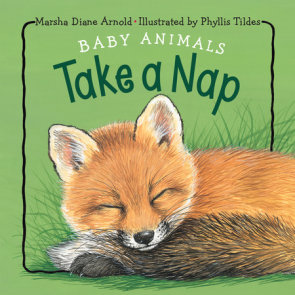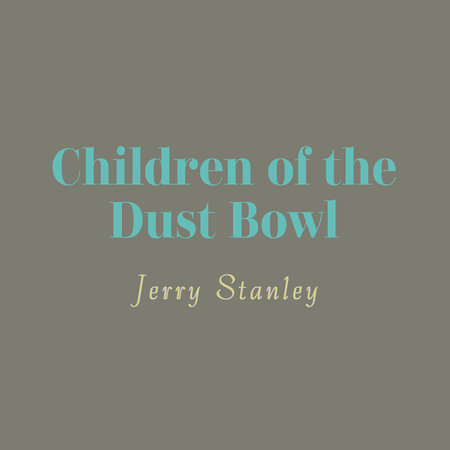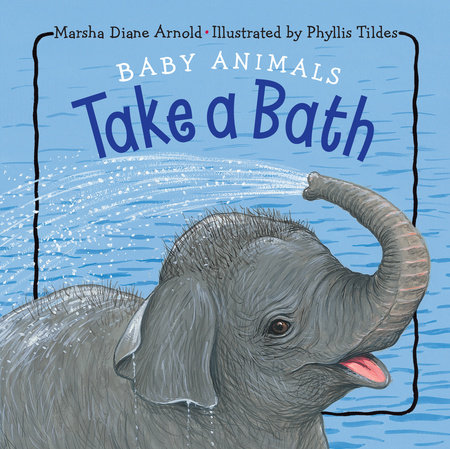

Baby Animals Take a Bath
By Marsha Diane Arnold
Illustrated by Phyllis Limbacher Tildes
By Marsha Diane Arnold
Illustrated by Phyllis Limbacher Tildes
Category: Children's Nonfiction | Children's Board Books

-
$6.99
Feb 07, 2017 | ISBN 9781580895385 | Baby-3
YOU MAY ALSO LIKE
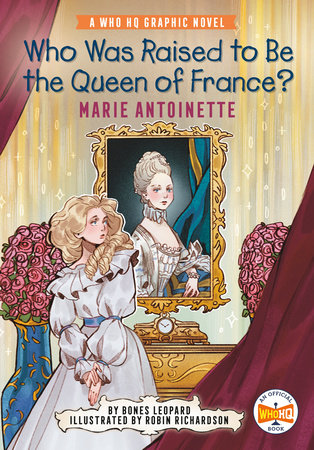
Who Was Raised to Be the Queen of France?: Marie Antoinette
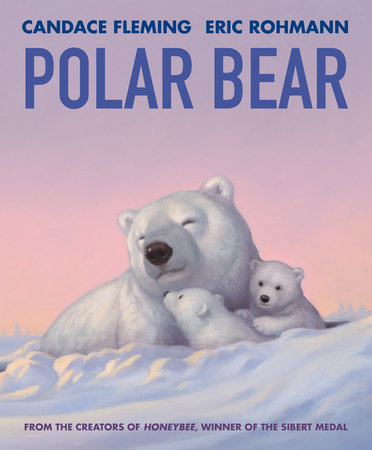
Polar Bear
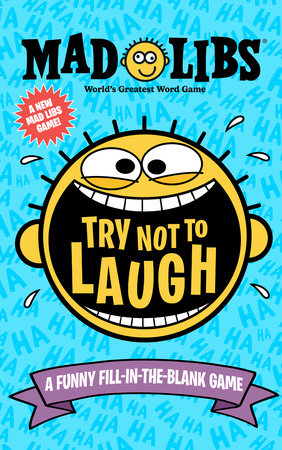
Try Not to Laugh Mad Libs
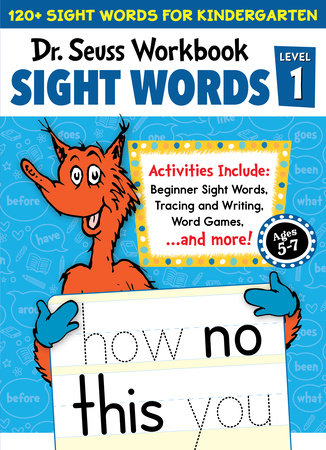
Dr. Seuss Sight Words Level 1 Workbook
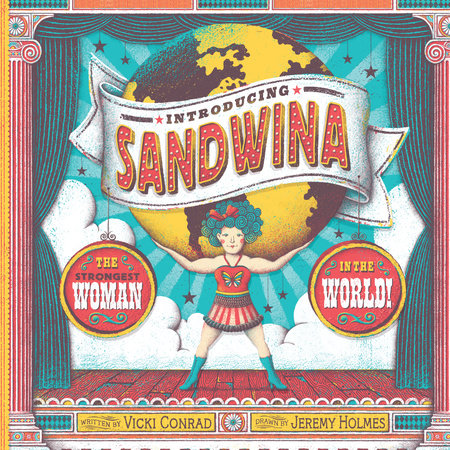
Introducing Sandwina
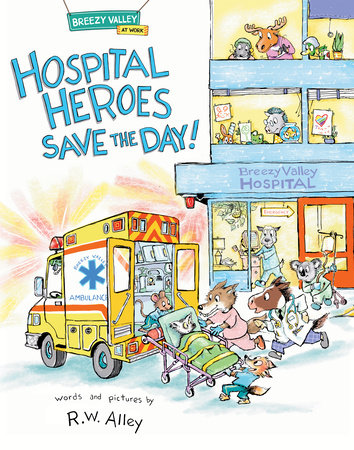
Hospital Heroes Save the Day!
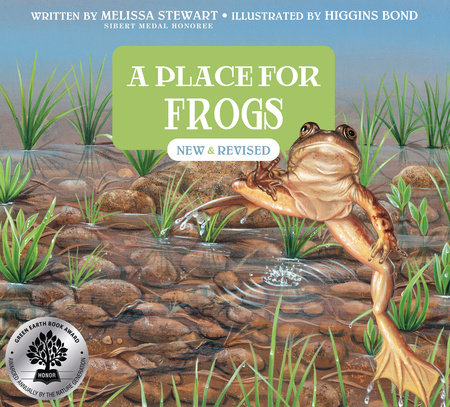
A Place for Frogs (Third Edition)
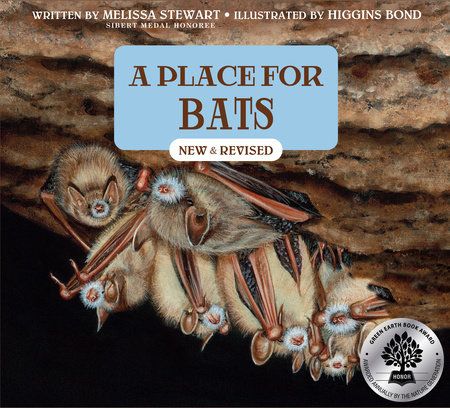
A Place for Bats (Third Edition)
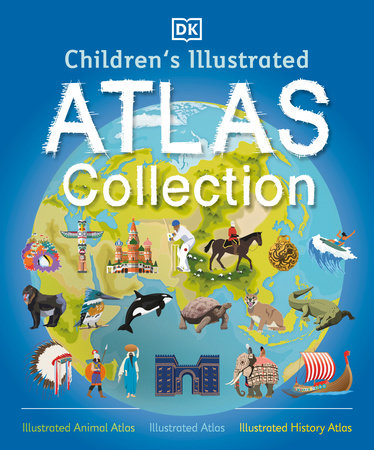
Children’s Illustrated Atlas Collection
Praise
Arnold and Tildes showcase eight young animals getting clean in distinctive ways. The text is limited to punchy, two-word phrases (“Snow bath/Sun Bath/Steam bath/Puddle Bath”), and the animals are identified on the back cover. Framed in wavy-edged black border, Tildes’s animal portraits reflect the animals’ naturalistic behaviors—a zebra foal lolls in the dust, an elephant calf sprays itself with its trunk—while still ensuring they look as adorable as possible. A closing scene featuring a human baby mid-bath cements the connection between the way we get clean and the way animals do.
—Publishers Weekly
Two-word descriptions and realistic art depict the ways a variety of baby animals bathe. “Snow bath” shows a young polar-bear cub enjoying a roll in the snow; across the spread, a sea-lion pup snoozes on a sandy beach in a “sun bath”. The book continues with a variety of bathing techniques, including “dust bath” (zebra foal), “mud bath” (hippopotamus calf), and “tongue bath” (tiger cub). Tildes’ sunny paintings fill each page, with a squiggly black line as an informal border. The final double-page spread reveals a white infant with brown hair and brown eyes in a baby bathtub receiving a “bubble bath!” The companion book, Baby Animals Take a Nap, follows the same formula to demonstrate how baby critters rest, often with a grown-up in close proximity. The title ends with a white baby peacefully snoozing in the crook of a grown-up’s arm, likely the babe’s father. Both offerings list the animals depicted in order of appearance in the book on the back cover. While the imagery in both may skew to the adorable, the information it presents is solid. This is developmentally appropriate nonfiction for the youngest animal lovers.
—Kirkus Reviews
21 Books You’ve Been Meaning to Read
Just for joining you’ll get personalized recommendations on your dashboard daily and features only for members.
Find Out More Join Now Sign In






